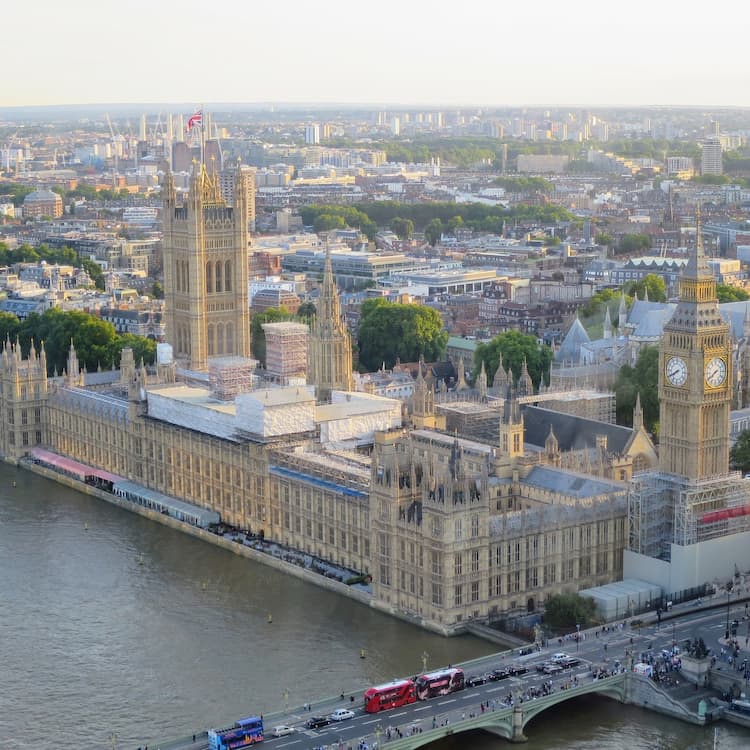Tax
UK Urged To Re-Consider Non-Dom Abolition – Media

In part of the rumour mill that typically grinds away ahead of a major event such as a UK budget, there is speculation that UK Chancellor of the Exchequer Rachel Reeves might hit the pause button over the end of the non-dom system, or significantly change the impact of any reform.
Amidst media reports that plans to end the UK’s resident
non-domicile system will not bring in extra revenue to the
Treasury, a former chief economist at the Bank of England has
said there should be “cause for pause” on the government’s
plans.
This week, the Guardian – a centre-left
publication – published a story stating that the Labour
government’s push to end the non-dom system and replace with
it with a new residency system could bring in no new extra
funds.
And yesterday, Andy Haldane, the former BoE economist, said it
was reasonable that UK finance minister Rachel Reeves wanted to
reform the system. However, ministers should think carefully if
the measure would not raise any revenue and consider what it
would do for business confidence. Reeves is due to deliver her
budget statement on 30 October, and there is considerable
speculation on whether she will hike taxes such as capital gains
taxes, and squeeze inheritance tax.
Already, there have been reports and comments that thousands of
non-doms have left, or are leaving, the UK, heading for offshore
and onshore jurisdictions such as Dubai, Italy and Switzerland.
(See a related article
here.)
In the months leading up to the election, a number of
commentators warned that ending the non-dom system without a
sufficiently attractive replacement would drive out high net
worth and ultra-HNW foreigners from the UK and shrink the tax
base. Ironically, that would mean lower and middle-income voters
paying more tax.
At the heart of the issue is what is called “supply-side”
economics; the idea that taxes, when levied at or above a certain
point, become self-defeating in revenue terms because they hit
incentives to save, invest and work. In a world where capital is
mobile, the perils of discouraging HNW foreigners from doing
business in the UK have significantly increased.
Dating back more than 200 years, the non-dom system allows those
qualifying for that status to keep their wealth and income free
of UK tax provided they don’t bring it into the UK, only paying
tax on UK-sourced income and wealth. (A person cannot be a
non-dom permanently under reforms enacted about a decade ago.)
Those seeking the remittance basis of non-dom status must also
pay an annual charge. The previous Conservative government under
Rishi Sunak
proposed to end the non-dom system and replace it with a
scheme under which those residing outside the UK for at least 10
years, and who moved to the UK, would be exempt from tax on their
wealth for four years. That measure was seen as an attempt to
steal Labour’s thunder on the topic.
During this year’s general election campaign, Labour politicians
claimed that they could help pay for more spending on areas such
as healthcare by shutting down the non-dom system.
A report in the Guardian this week said government
officials worry that the Office for Budget Responsibility (OBR)
could score the non-dom clampdown as a negative – which would
cost the public purse money.
“Does that make it more or less likely people would park their
money, set up their businesses here and therefore generate
growth? For me, that’s the meta question we’d ask ourselves and
answer in the budget,” Haldane told LBC, the radio show.
He said business confidence had been “heading south over the last
six weeks or so,” a trend that Labour insiders see as a
symptom of uncertainty before the budget in October.